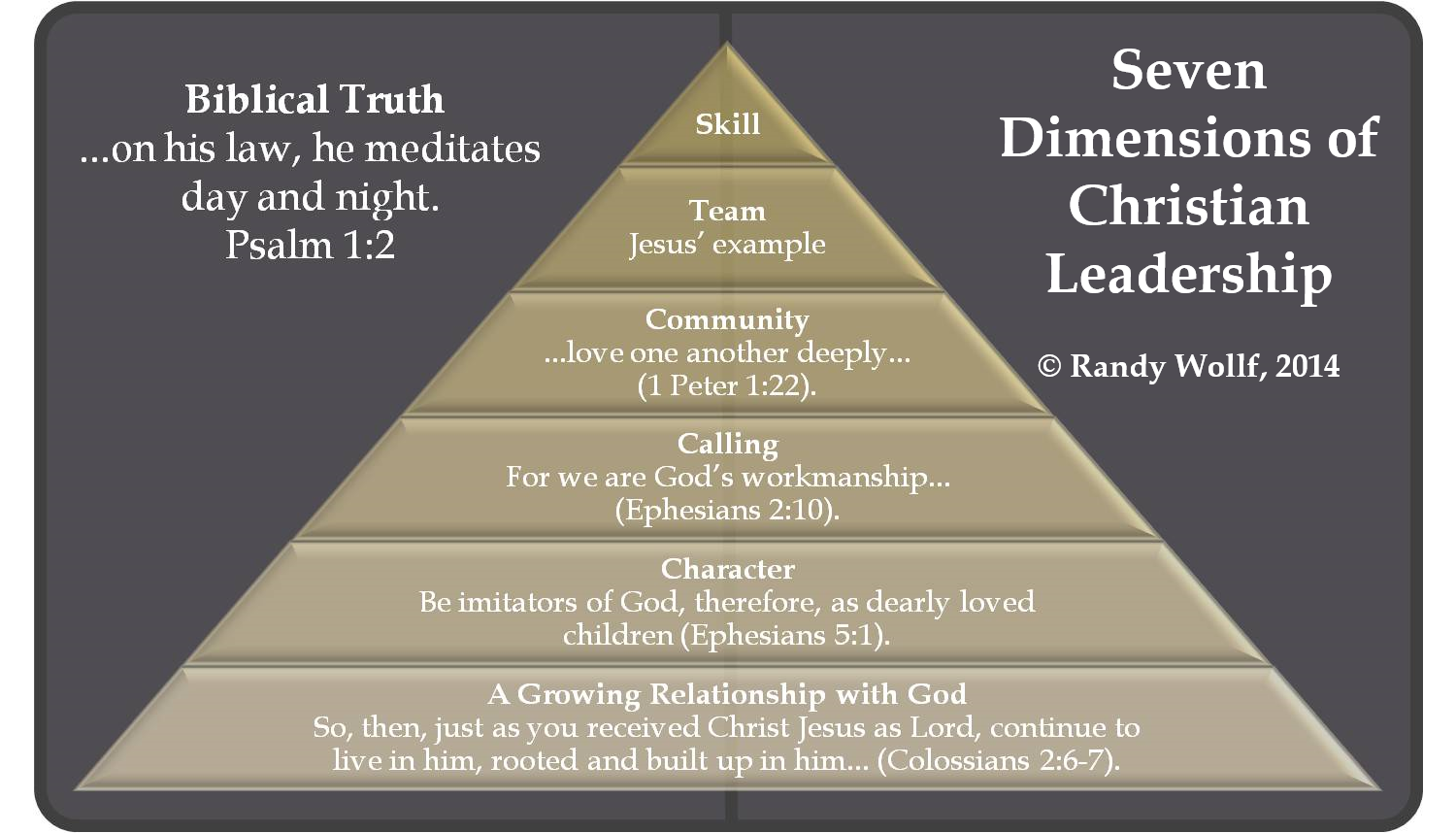A Peacemaker’s Guide for Addressing Conflict

Christians seem to have a love-hate relationship with conflict. We love to disagree (there are, after all, approximately 33,000 denominations in the world), yet we often feel bad about engaging in conflict. It somehow feels dirty. As we engage in theological debates and argue about church decor, ministry methods, and a host of other very important matters (or at least they seem important at the time), is there such a thing as healthy conflict?
Conflict naturally occurs when individuals or groups collide over differences in ideas, preferences, or actions.
I’ve only met a few people in my life who relish conflict. Why do we avoid it – sometimes at all costs? I suspect many of us are afraid of entering a complex emotional zone where anything could happen. Or we may fear offending others and being disliked or rejected by them.
There are many personal reasons why we often sidestep controversial issues or gloss over relational tensions; however, our avoidance tactics may also be fuelled by a faulty theological understanding of peacemaking.
How do people called to live as peacemakers engage in peaceful and transformational conflict within the church? The early church did not always engage in healthy conflict. However, the first story in Acts 15 provides some helpful pointers for constructing a peacemaker’s guide to addressing conflict in the church.
1. Engage the issues that divide us
In Acts 15:1–2, a group of Jews from Judea were telling the believers in Antioch they needed to be circumcised. Their teaching resulted in sharp debate with Paul and Barnabas. As a result, the local church leaders appointed these two men, along with some other believers, to bring this question to the apostles and elders in Jerusalem.
I applaud these local church leaders for being willing to pay the price to engage this controversial and divisive issue that had both theological and cultural underpinnings.
The church leaders in Antioch knew that Jesus was the ultimate example of a peacemaker. In Ephesians 2:14–16, we read, “For he himself is our peace, who has made the two groups one and has destroyed the barrier, the dividing wall of hostility, by setting aside in his flesh the law with its commands and regulations. His purpose was to create in himself one new humanity out of the two, thus making peace, and in one body to reconcile both of them to God through the cross, by which he put to death their hostility.”


 A number of years ago, a dear widow in the church where we were pastoring came to our home and explained to us that she would like to share her bank account with us. At first, we didn’t grasp what she was offering. We finally realized that she wanted to share her money with us, similar to how the early Christians had everything in common (
A number of years ago, a dear widow in the church where we were pastoring came to our home and explained to us that she would like to share her bank account with us. At first, we didn’t grasp what she was offering. We finally realized that she wanted to share her money with us, similar to how the early Christians had everything in common (